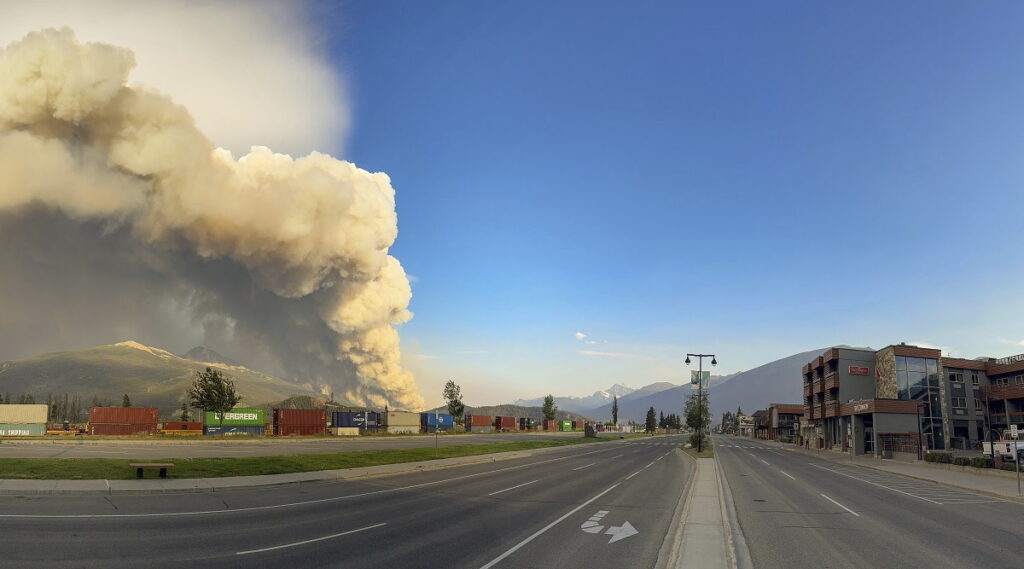Scientists are attributing the deadly heatwave in West Africa and the Sahel to human-induced climate change, suggesting that such extreme temperatures would have been “impossible” without human activities.
Last month, temperatures in Mali surpassed 48°C, contributing to hundreds of deaths linked to the severe heat, according to reports from a hospital.
Researchers indicate that human activities, particularly the burning of fossil fuels, have elevated temperatures by up to 1.4°C above normal levels.
In contrast, a separate study focusing on drought in Southern Africa attributes the phenomenon to El Niño rather than climate change.
Several countries in the Sahel region and across West Africa experienced a severe heatwave at the end of March and into early April.
The impact of the heatwave was particularly intense in the southern regions of Mali and Burkina Faso.
In Mali’s capital city Bamako, Gabriel Toure Hospital reported 102 deaths during the first days of April, with many of the deceased being over 60 years old. The hospital indicated that heat played a significant role in these fatalities.
Researchers suggest that global climate change was a major factor contributing to this intense five-day heatwave.
New analysis from scientists affiliated with the World Weather Attribution group indicates that the unusually high daytime and nighttime temperatures experienced in Mali and Burkina Faso would not have been possible without the long-term global use of coal, oil, gas, and other activities like deforestation.
The study highlights that climate change contributed to temperatures being up to 1.5°C warmer than normal in Mali and Burkina Faso, with nighttime temperatures exceeding the average by 2°C. Across the region, the five-day temperature increase was estimated at 1.4°C.
Kiswendsida Guigma, a climate scientist at the Red Cross Red Crescent Climate Centre in Burkina Faso, emphasized the significance of this temperature rise, stating, “For some, a heatwave being 1.4 or 1.5°C hotter because of climate change might not sound like a big increase.”



























